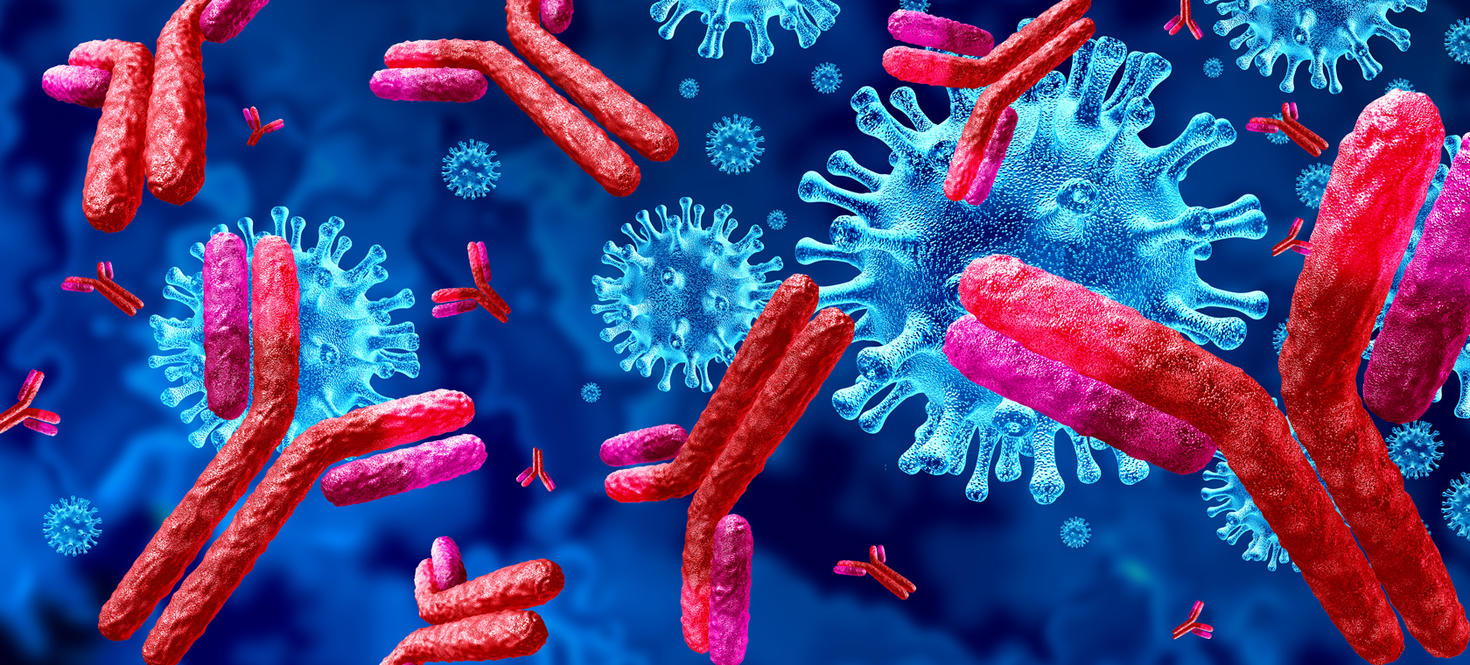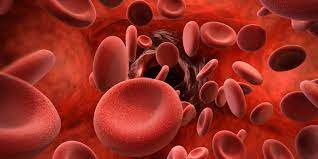
This course introduces fundamentals into microbiological principles and molecular mechanisms that attained importance and preference, particularly for pathogenic species. Despite greater efforts, communicable infectious diseases and antibiotic resistance are still the major challenges. Immunology combines molecular and cellular events about immunological and biochemical domains of physiology that determine the pathological susceptibility or immunity in an organism towards microbes or external agent.
- Lecturer: Dr. Kalani Jayasekara Lecture-MLS

Lecture/Practical Content
- Anticoagulants, Cells in blood/formed elements in blood, Cell analysis, Morphology, Manual methods , FBC automation, Changes in whole blood ,property in disease (ESR), Preparation of staining solution, Preparation of Blood Smears & staining of blood smears , WBC/DC manual method, ESR, Haematopoiesis& molecular basis , Demonstration – preparation and staining of marrow smears, identification of cells in various stages of development, Classification of Anemia, Identification of immature cells - Reticulocyte count, Hb estimation, Rapid methods/ Hb colour scale and preparation of HiCN solution, Hb HiCN method, PCV micro and Macro method/ RBC indices, Preparation of stains (inclusions), Hypo-proliferative anemia 1 – Iron deficiency, Serum ion studies, Demonstration of tissue iron haemosiderin in urine/iron stain in bone marrow, urine, Iron overload, Vitamin B12 and Folate deficiency, Demonstration/SGD – serum B12 assay/schilling test/Serum folate assay, Marrow failure syndromes mainly aplastic anaemia, Anaemia due to CKD and chronic disease, Hemolytic anemia (Introductory lecture), Serum methaemalbumin – Schumm’s test, Membrane defects , Detection of enzyme deficiencies: screening tests for G6PD deficiency – Methaemalbumin , Osmotic fragility test, Acidified Glycerol lysis test, Investigation of PNH – Acidified serum lysis test(Ham test)/sucrose lysis test/cold antibody lysis test, Hemoglobin defects , Detection of abnormal red cells in a blood film, Screening tests/two tube test/preparation of haemolysate (NESTROF), Enzyme defects
Introduction, Malaria
parasites, Intestinal, Genital and Tissue
protozoan, Intestinal Helminths, Tissue Nematodes,
Arthropods-:Mosquitoes, Ticks and mites, fleas, lice and flies,
Emerging/re-emerging and imported
infections, Collection, transport and preservation of parasitological
specimens, Staining techniques, Concentration techniques, Rapid Diagnostic
Techniques &Newer Diagnostic Techniques, Culture techniques, Egg Counting
Techniques, Immunodiagnostic techniques (Laboratory visits)